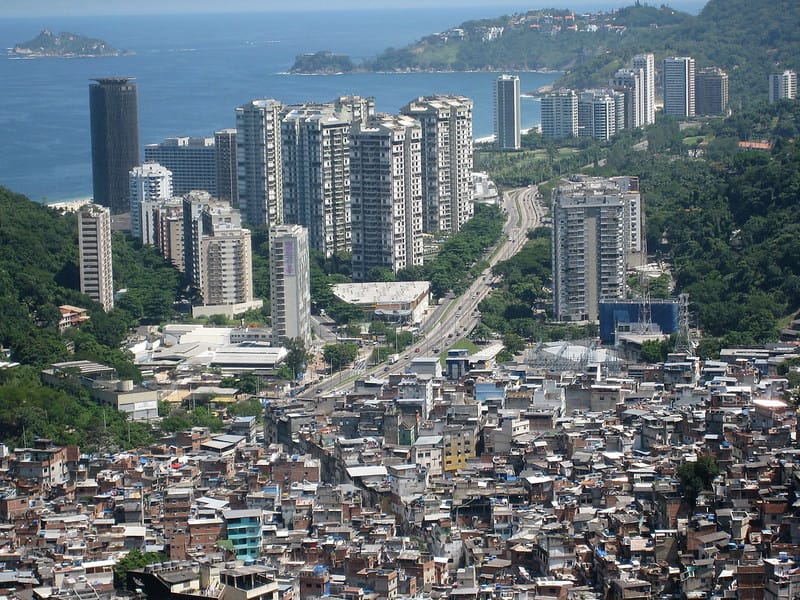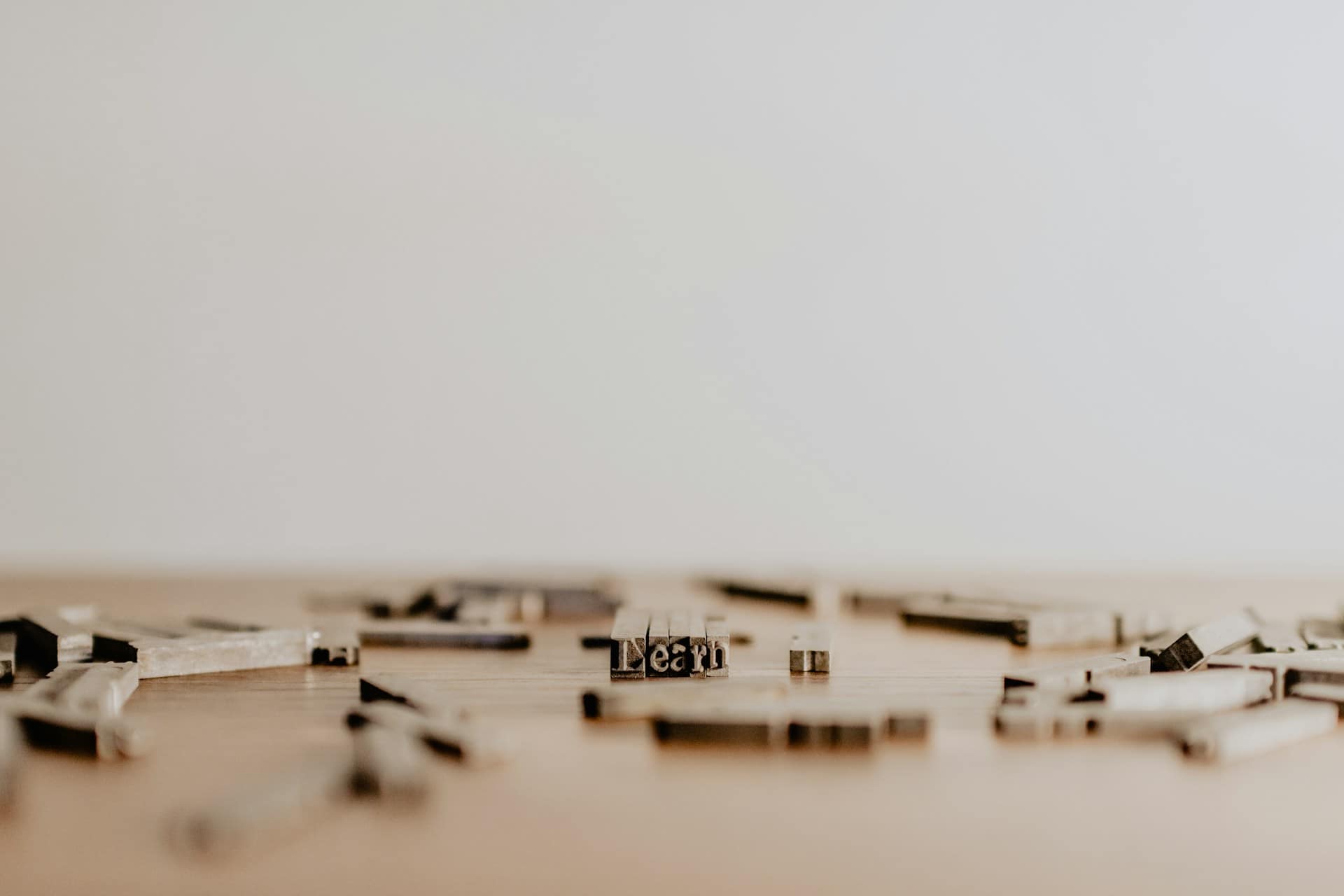
Why is there no revolution?
This post was written as part of the Honours Students Workshop “Blogging in Science”.
I come from Rio de Janeiro, Brazil. In Rio, a few hundred meters distance can vastly change your experiences and outlook on life. For example, in Ipanema, one of the richest neighbourhoods in Rio, the beach is lined with five-star hotels, restaurants, and wealthy residential buildings. In Rocinha, a favela just 15 minutes from Ipanema, many people do not even have access to their basic rights, such as sanitation, safety, and housing. People in Ipanema live, on average, 29 years more than people who live in Rocinha.[1]
Rio is an extreme example of such inequality, primarily because the rich and poor live side-by-side. However, Rio is not alone. Other cities in Brazil show the same pattern. And if we move our eyes beyond Brazil, we can see similar situations in Mexico, South Africa, and many more places around the world. Globally, deeply rooted inequalities continue to persist between rich and poor countries. Such imbalances become evident when we look at, for instance, the neo-colonial exploitation of resources and labour, vaccine hoarding, and climate injustice.
Globally, deeply rooted inequalities continue to persist between rich and poor countries.
In Brazil, I have heard countless explanations that tried to justify these tremendous disparities between the rich and poor. While many activists are engaged in an ongoing fight against injustice, it appears as though a majority of the rich and poor have a way of justifying the terrible inequality of the status quo. These conversations led me to question: Why do people accept and even justify such injustice? In other words, why is there no revolution against all this?
Somewhat unexpectedly, I stumbled upon a social-psychological theory that aims to answer exactly these questions, called system-justification theory (SJT).[2]
The theory’s central idea is that people are motivated to justify and rationalize the social, political, and economic systems in which they live. It is easy to understand why someone who benefits from the status quo would seek to justify it, but why would someone who suffers from such inequality be motivated to defend a system that is directly responsible for their adverse situation?
SJT argues that believing in a political system’s legitimacy helps us reduce feelings of uncertainty and a lack of security. What’s more, if people perceive their situation as hopeless and the inequality as inevitable, they are more likely to justify the systematic inequality from which they suffer.[3] A sense of powerlessness contributes further to the need to defend the system – especially for people who depend on the government or the police for their safety.[4] Unsurprisingly, feelings of hopelessness and powerlessness are very common in places with high levels of inequality worldwide.
According to SJT, if people perceive their situation as hopeless and the inequality as inevitable, they are more likely to justify the systematic inequality from which they suffer.
The need to reduce uncertainty also helps us understand the increase in support for right-wing politicians, even though many of their policies often serve to undercut the needs of the poor further. Instead of concrete help, those politicians often provide unjustifiably simple answers to complex questions, playing into people’s need to reduce their feelings of uncertainty: “Just buy a gun, and you will be safe!”, “Just throw criminals into prison, and we will have no crime anymore!” Politicians like Donald Trump in the US and Jair Bolsonaro in Brazil can benefit from actively creating feelings of uncertainty and a lack of security among the population, especially if they characterize themselves as the antidote to the threat they utilize to spread fear.
But now let’s come back to the main question: why is there no revolution? SJT may not provide us with a definitive answer because there are too many factors at play. But if we think about the essence of revolution, it appears to make sense. After all, a revolution means change. Radical change. Such change is inherently scary because its outcome is unknowable. The conundrum signifies that revolting against the status quo would increase, rather than reduce, uncertainty.
“[T]he great mass of people hesitate and lose heart when they think of what a radical change might bring… They can only imagine the present being torn to pieces, and fail to perceive the new order which is possible.” – Antonio Gramsci [5]
Can SJT help us to change something about the inequality in this world? I am not sure. But I think theories like SJT can help us question our justifications of inequality and potentially lead us to perceive injustice in a new light in the hope for a deeper understanding of the underlying causes. And given the vaccine hoarding of rich countries, climate injustice, and rising socio-economic inequality, reflecting on the reasons that contribute to injustice seems more important than ever.
Image credit: photograph by AHLN, licensed CC BY 2.0.
[1] Saiki Junior, W. (2020). Seven Revealing Indicators of Rio de Janeiro’s Inequality – RioOnWatch. Retrieved 7 June 2021, from https://rioonwatch.org/?p=61141
[2] Jost, J. T., & Banaji, M. R. (1994). The role of stereotyping in system‐justification and the production of false consciousness. British Journal of Social Psychology, 33(1), 1-27.
[3] Laurin, K., Gaucher, D., & Kay, A.C. (2013). Stability and the justification of social inequality. European Journal of Social Psychology, 43(4), 246-254.
[4] van der Toorn, J., Feinberg, M., Jost, J.T., Kay, A.C., Tyler, T. R., Willer, R., & Wilmuth, C. (2015). A sense of powerlessness fosters system justification: Implications for the legitimation of authority, hierarchy, and government. Political Psychology, 36, 93-110.
[5] Quoted in: Fiori, G. (1973). Antonio Gramsci: Life of a revolutionary. Schocken. pp. 106-107




An interesting post. Thank you. And the image serves very well to illustrate inequality in Brazil. I’ve witnessed similar scenes as a researcher at Caltech in the US: Downtown L.A. you just had to cross the street from the luxury skyscrapers to the hopeless homeless.
Concerning the idea of a revolution: I guess that many poor might be afraid to lose the (little) they have. And I think that it’s an historical truth that you cannot tell whether your situation after a revolution will be better or worse (if you survive).
I had to think of “status quo bias” as well. But I found your discussion plausible and convincing.